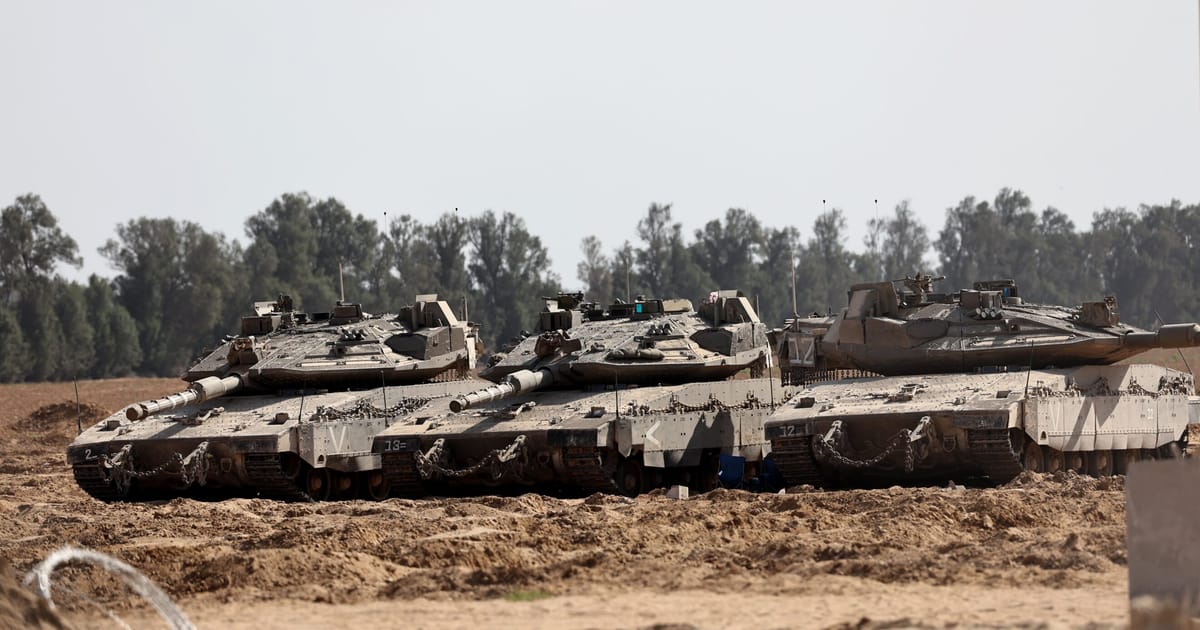

In the midst of multifaceted international discourse, recent developments have unfolded across Europe that reflect significant shifts in diplomatic and defense landscapes. From judicial decisions impacting exports, to pivotal ambassadorial appointments, and strategic defense alliances, these stories illuminate the dynamic nature of global relationships.
In Belgium, a decisive ruling by a Brussels court has mandated the Flemish government to cease the transfer of military equipment to Israel. The decision was the outcome of a case brought forward by various non-governmental organizations, which argued that these transfers contravened international laws pertaining to the use of military gear. The court’s order underscores the sensitivity and intricacies of international arms dealings, highlighting the need for careful scrutiny in compliance with global legal frameworks. The ruling is set to impact the Flemish region’s approach to dual-use equipment exports, promoting a more cautious and law-abiding stance in future transactions.
In another notable development, Ukraine has announced a new ambassador to the United States amidst ongoing diplomatic reshuffles. Olha Stefanishyna, who previously spearheaded efforts as Kyiv’s EU accession chief, has been appointed to this critical diplomatic position. Her appointment follows the departure of the former ambassador, whose tenure had sparked discontent among some U.S. Republicans. This strategic move by Kyiv aims to fortify its diplomatic presence in Washington, strengthening bilateral ties against a backdrop of evolving geopolitical landscapes. Olha Stefanishyna’s experience and diplomatic acumen are expected to enhance Ukraine’s engagement with the United States, particularly on issues concerning security and economic cooperation.
Meanwhile, the United Kingdom and Germany have reaffirmed their commitment to collective security through a defense pact signed in London. This agreement is a proactive response to perceived threats, explicitly naming Russian aggression as a primary concern for both nations. The pact is a renewal of their pledge to support each other in times of military threats, reflecting a broader strategy of alliance fortification within the NATO framework. The signing, attended by prominent leaders such as Keir Starmer and Friedrich Merz, marks a decisive moment in reinforcing European defense mechanisms. Such agreements are crucial in maintaining stability and fostering peace across the continent in a time of geopolitical uncertainties.
These developments, taken individually and collectively, represent the complex and multifaceted nature of international relations today. Each action, from judicial rulings and diplomatic appointments to bilateral defense agreements, serves as a testimony to the interconnectedness and interdependence of nations striving for peace, security, and justice on the global stage. As these stories unfold, they offer a reminder of the importance of thoughtful diplomacy and steadfast collaboration in addressing the myriad challenges that define our global reality.
Source: {link}
